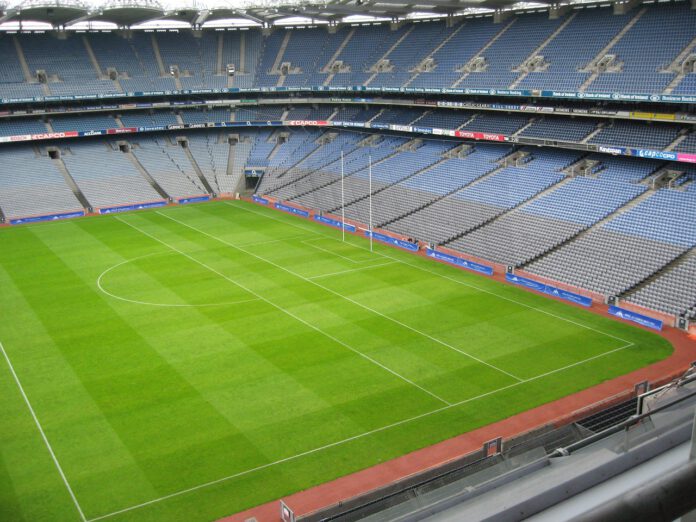Nothing better illustrates the need for an overhaul of rugby union’s international eligibility rules than the peculiar case of David Smith.
On Sunday, the Castres wing was called into France’s training base at Marcoussis along with Djibril Camara as replacements for Teddy Thomas and Marvin O’Connor. Smith was born and raised in Samoa, but won a scholarship to Mount Albert Grammar in New Zealand when he was 16. Yet having spent the past five years of his career playing in France, Smith and the French selectors believed he was eligible to play under the three-year residency qualification rule.
There was a hiccup in the plan, however, when it was discovered that Smith played for New Zealand sevens in a tournament in 2008. “I was young, I thought the rules had changed and that I could play for France, especially since I’m married to a French woman, ” Smith told L’Equipe, the French sports newspaper. “I was very disappointed. It was a dream for me. I arrived on Sunday and was introduced to the staff and players. When we went to dinner that’s when I learnt that I could not be selected.
“Guy Noves came to me after eating. He was sorry. He was disappointed for him and for me. He wanted to see me in the France team, but he told me it was not my fault. I wanted to have made the impression of being part of this team before leaving Marcoussis. I left after lunch and took a direct flight to Castres.”
There is a scenario where Smith can still represent Les Bleus if he represents France in a sevens tournament before the Olympics. Hence the Samoan cannot play for France in XVs because he played sevens for New Zealand unless he plays for France in sevens. In short, it is all a bit of a mess.
Under World Rugby Regulation 8, players can represent a country’s senior XV if they were born there, if one of their parents or grandparents were born there or, under the residency rule, which amounts to 36 consecutive months in a country. Once you represent a national team or their nominated second side then there is no turning back.
This is where much of the confusion originates, as Smith discovered. Different teams nominate different “second” teams. For England and Ireland, it is their Saxons and Wolfhounds. For Wales and Scotland, it is their Under-20 side. Hence, Ross Moriarty who won the Junior World Championship with England Under-20s in 2013 was included in Wales’ World Cup squad last year, while Brad Barritt played for the Emerging Springboks before coming to represent England.
Why Moriarty and Barritt are allowed to country-hop but Smith is not for having played one game of sevens, which increasingly bares little if any relation to the full form of the game, demonstrates the need for reform. Before the World Cup, Brett Gosper, the chief executive of World Rugby, promised to review Regulation 8 in light of the talent grab around the Pacific Nations. In fairness to World Rugby, it is not as straightforward as scrapping the granny rule and doubling the residency rule.
During the World Cup, Henry Speight, Australia’s Fijian wing, spoke eloquently on the opportunities the three-year residency rule affords Pacific Islanders they would otherwise be denied. That is a balance that needs to be struck against the increasing diversification of international rugby, often by countries intent on cynically exploiting the current regulations.
In the squads announced for this year’s Six Nations Championship, there were 41 overseas-born players, amounting to just over one in five players. All their cases are different.
Jamie Heaslip, for example, was born in Israel, while his Irish father was stationed in the Middle East with the United Nations. No one would dispute his right to represent Ireland.










